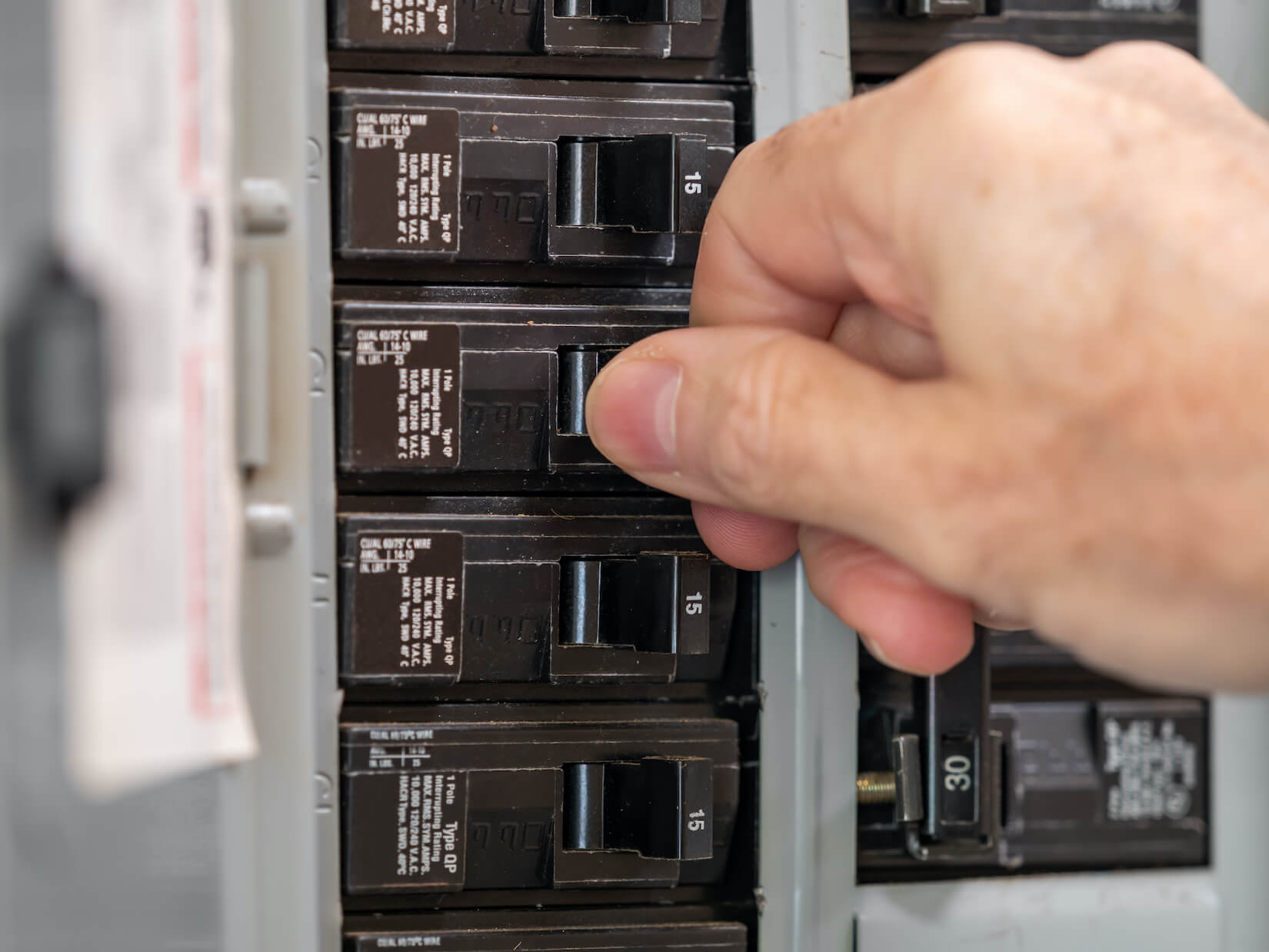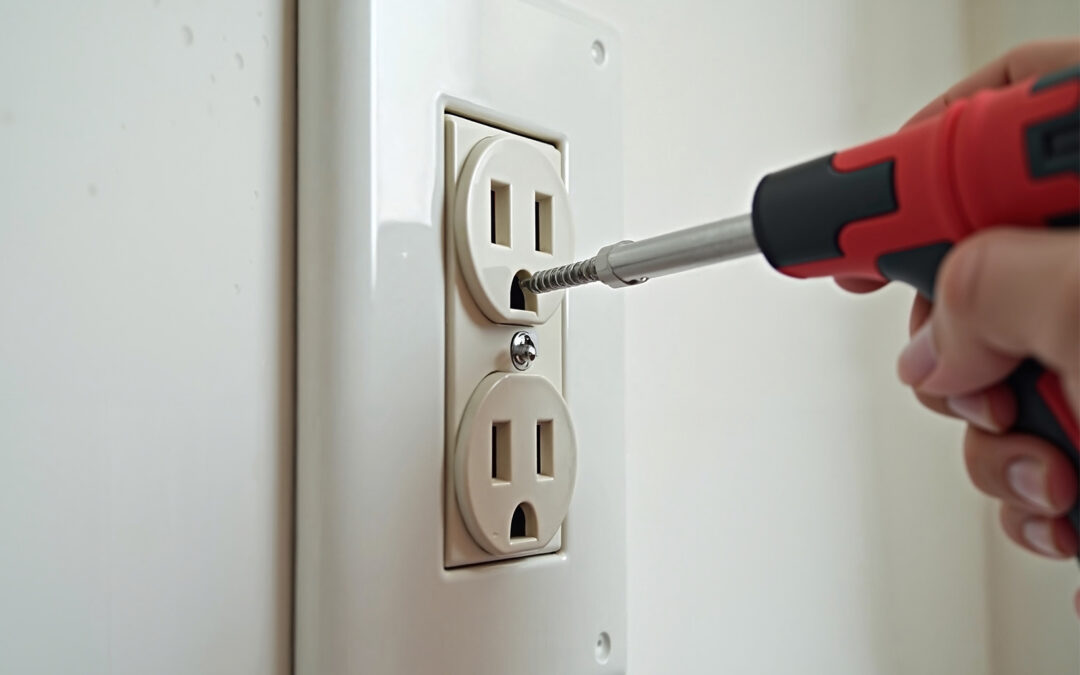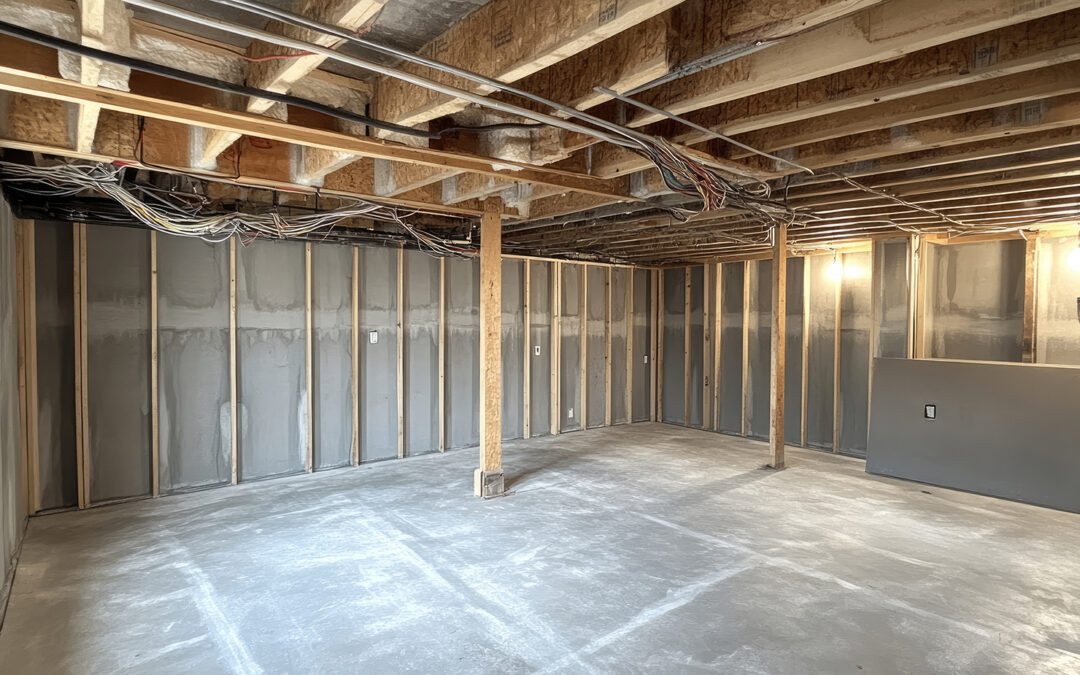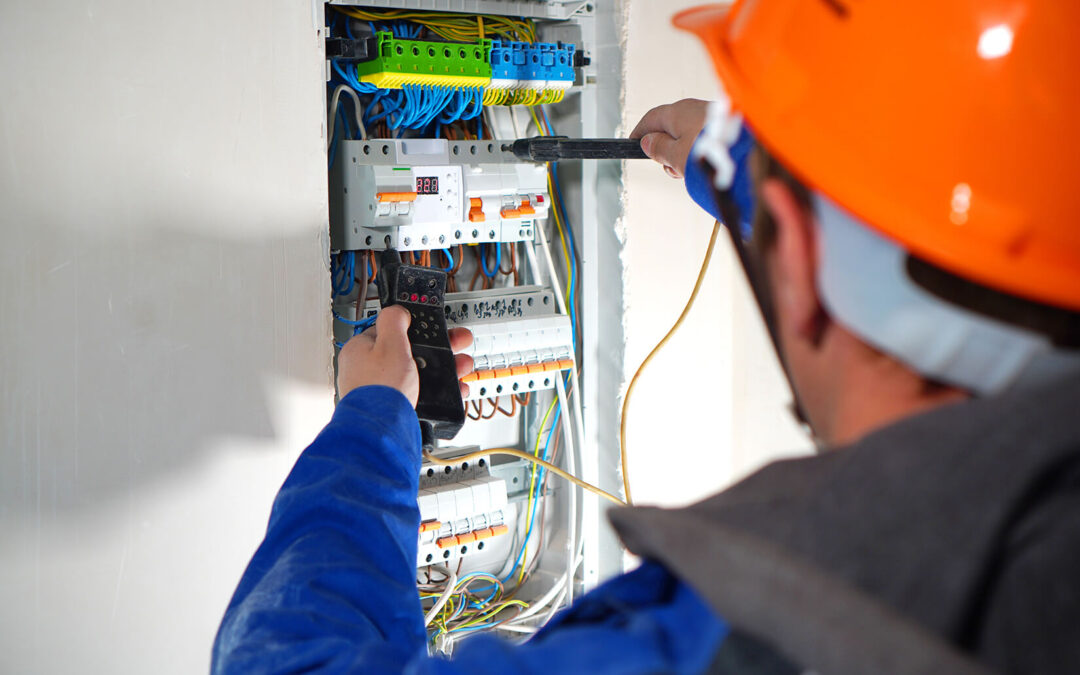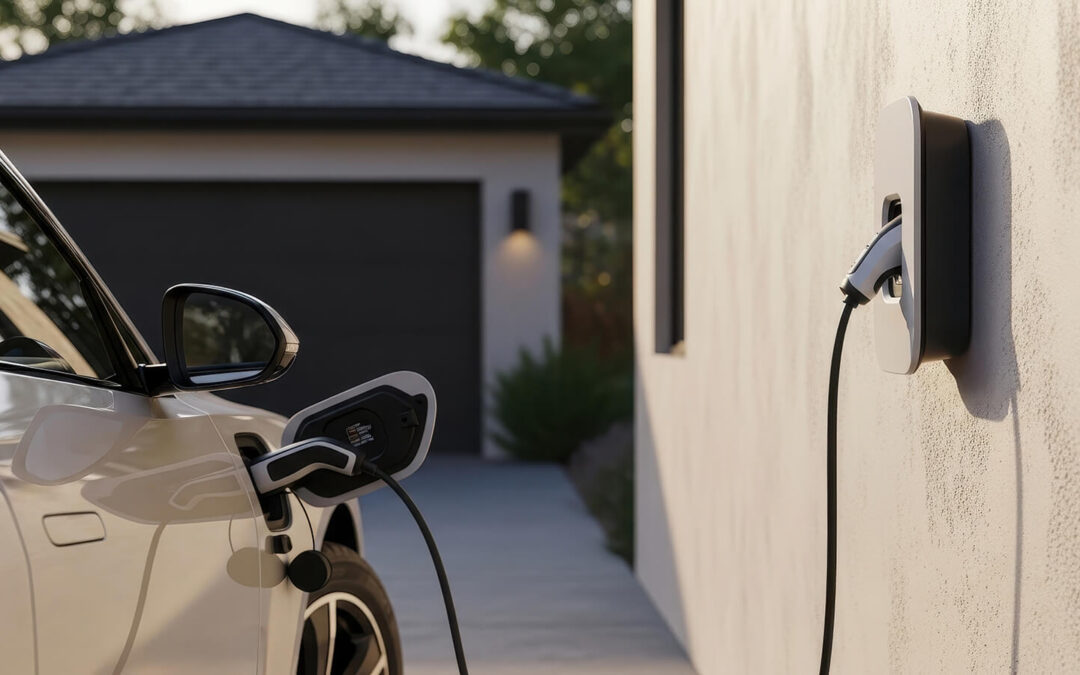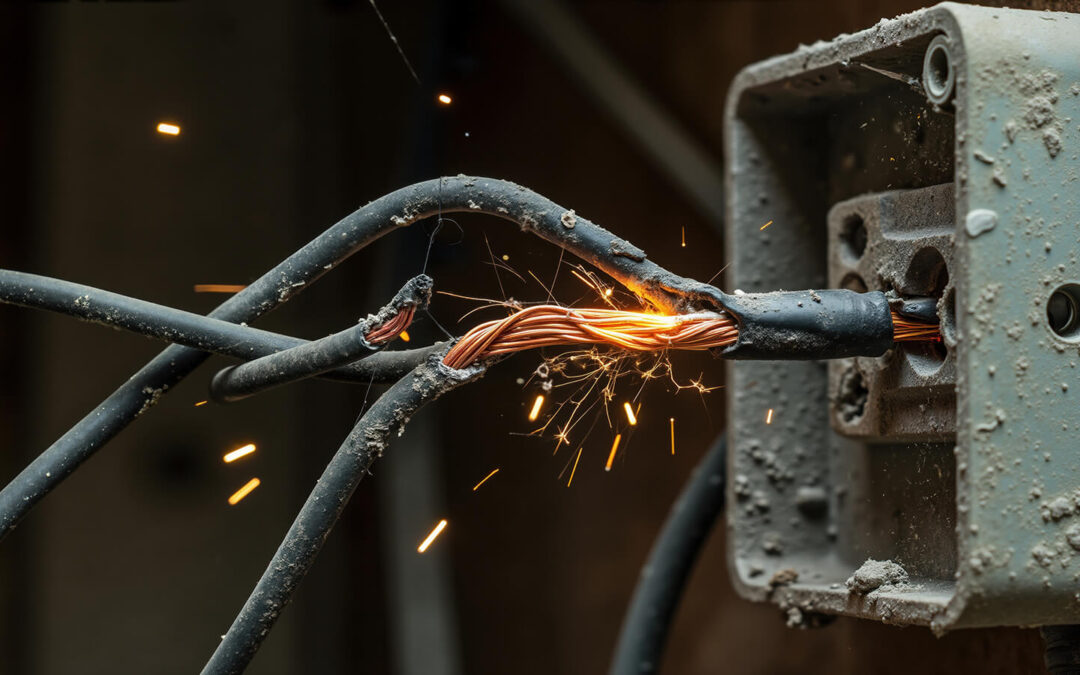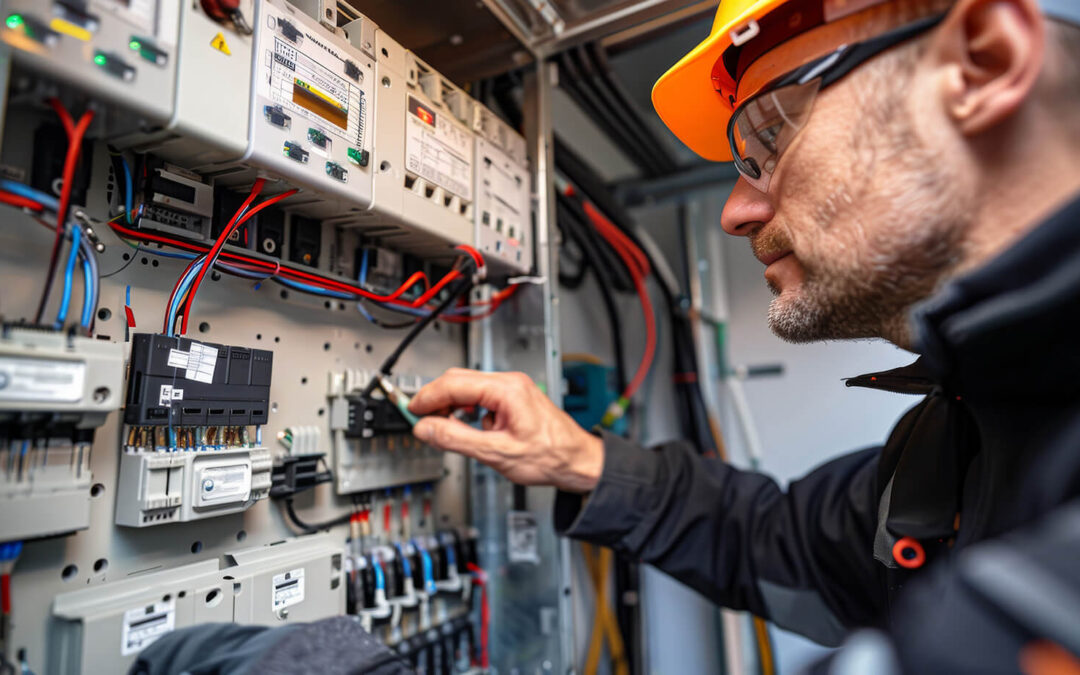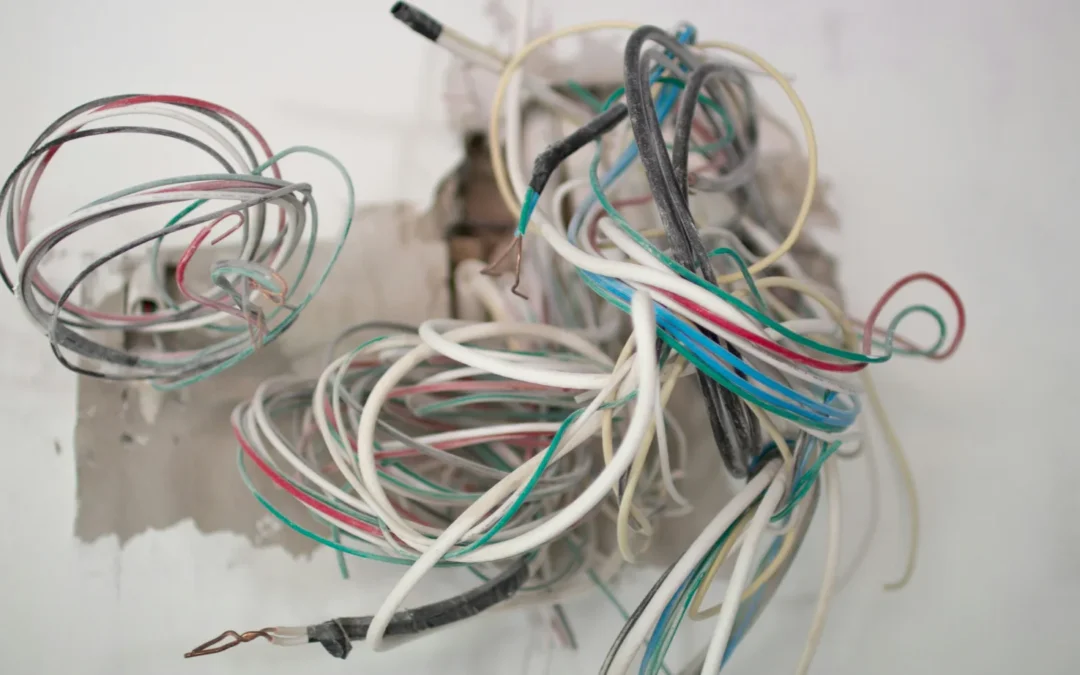Replacing an electrical box, commonly known as a breaker box or electrical panel, is a critical task involving managing your home’s electrical system. While some homeowners may consider tackling this project themselves, understanding the complexity and risks associated with this task underscores the importance of hiring an electrician for electrical box replacement. This blog will guide you through the steps of replacing an electrical box and explain why professional help is beneficial and essential.
Understanding Electrical Panel Upgrades
Before replacing an electrical box, it’s crucial to understand what it is and its function in your home. An electrical box houses your home’s circuit breakers or fuses, which distribute power throughout the house and protect the electrical wiring from overload by shutting off in case of an excess current. Given its central role in home safety, any work on the electrical box must be done with precision and care.
Step-by-Step Overview to Replace an Electrical Panel
1. Assessing the Need for Replacement
Before any work begins, it’s critical to evaluate whether your electrical box indeed needs replacement. Common indicators include:
- Frequent Breaker Trips: This often suggests that the current electrical panel cannot handle the home’s electrical load.
- Overheating: An electrical box that feels hot to the touch can indicate dangerous wiring issues or overload.
- Physical Damage: Signs of rust, corrosion, or other physical damage can impair the safety and functionality of the box.
- Insufficient Capacity: Older homes with modern electrical demands might require an upgraded electrical panel to support more circuits or higher amperage.
2. Choosing the Right Electric Meter Box
Selecting the appropriate box is pivotal and depends on several factors:
- Amperage Needs: The new box should meet your home’s current and potential future electrical demands.
- Type of Box: Decide between a fuse box and a circuit breaker panel, although modern homes typically use circuit breakers for better safety and ease of use.
- Brand and Compatibility: Some brands offer specific features that might be beneficial, like easier integration with home automation systems.
3. Shutting Off the Main Power
This step involves cutting power to the entire house to avoid any electrical hazards during the installation:
- Main Switch: The main power must be shut off at the meter, typically located outside the house. This ensures no current is flowing into your home’s electrical panel during the replacement.
- Safety Verification: Before proceeding, use a voltage tester to ensure the panel’s power is completely off. This is a critical safety step to prevent electrocution.
4. Removing the Old Box
Carefully remove the existing panel while keeping track of the connection layout:
- Document the Setup: Take pictures or label the existing wiring and circuit connections. This documentation is invaluable for reconnecting in the new box.
- Disconnect Wires: Safely disconnect all wires, paying special attention to the neutral and ground wires, which must be correctly reconnected in the new box.
5. Installing the New Box
Install the new electrical box with precision to ensure safety and functionality:
- Mounting the Box: Secure the new box to the wall, ensuring it is firmly in place and level.
- Reconnecting Wires: Following local codes and using your previous documentation, reconnect the wires. This includes connecting the main power lines and then the individual circuits.
- Grounding and Bonding: Properly connect all grounding and bonding wires as per code to ensure the system is safe from electrical faults.
6. Testing the Installation
Once the new box is installed, a thorough testing process is essential:
- Restore Power: Turn the power back on at the main switch and observe the initial response of the new box.
- Check Each Circuit: Activate each circuit breaker and test outlets and appliances for proper operation. This checks if all electrical connections are secure and correctly configured.
- Final Inspection: It’s advisable to have the installation inspected by a professional to ensure everything is up to code.
Why Hire a Professional Electrician?
While the steps above might sound straightforward, the actual task of replacing an electrical box involves significant electrical knowledge, experience, and skill. Here are several reasons why hiring a qualified electrician is crucial:
Reduce Electrical Issues and Ensure Safety
Working with electrical systems can be extremely dangerous. Qualified electricians have the training and personal protective equipment to handle high-voltage systems safely.
Code Compliance
Electrical installations must comply with rigorous local and national electrical codes. Electricians are up-to-date with these regulations, ensuring that your electrical system is not only safe but also legally compliant. DIY electrical box replacement often does not meet these stringent requirements.
Troubleshooting Your Electric Panel
Electricians can diagnose and resolve unexpected issues that often arise during an installation. Their experience allows them to foresee potential problems and handle them without risking the safety of your home.
Save on Electrical Panel Replacement Costs with Warranty and Insurance
Professional electrical work is usually warranted and insured, so any problems that occur post-installation will be handled without additional electrical panel costs. DIY electrical work, on the other hand, typically lacks such protections, putting homeowners at financial risk that often adds to electrical panel replacement costs.
Peace of Mind
Knowing that a professional with the necessary skills and certifications has handled the job can give you peace of mind, especially regarding something as vital as your home’s electrical system. Electricians train for many years to perform breaker box replacement quickly and safely.
The Value of Professional Expertise
Replacing an electrical box is not a typical DIY project. Due to the high stakes involved, including the safety of your property and your loved ones, a qualified electrician should always handle this task. Companies like Table Mountain Electric specialize in providing expert electrical panel upgrades that ensure your major appliances are installed safely and effectively. Opting for professional help guarantees that the job is done right and protects your home from potential electrical hazards. For your next electrical project, consider reaching out to Table Mountain Electric, where safety and quality are part of our commitment to excellence.



